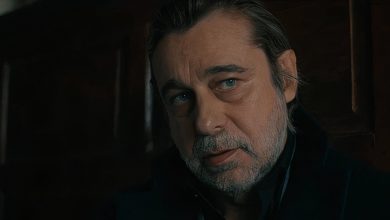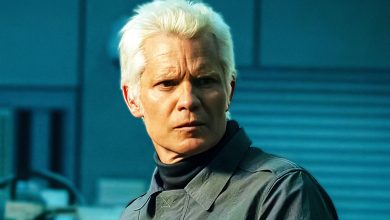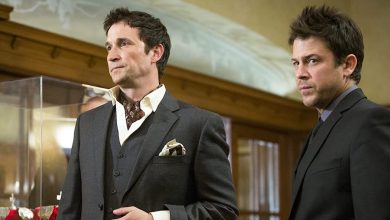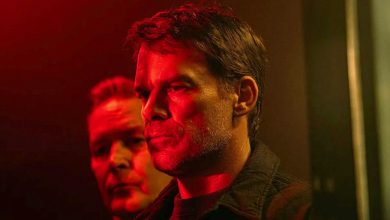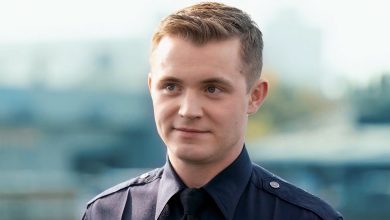Why Chase Was the True Successor to Gregory House in House M.D.
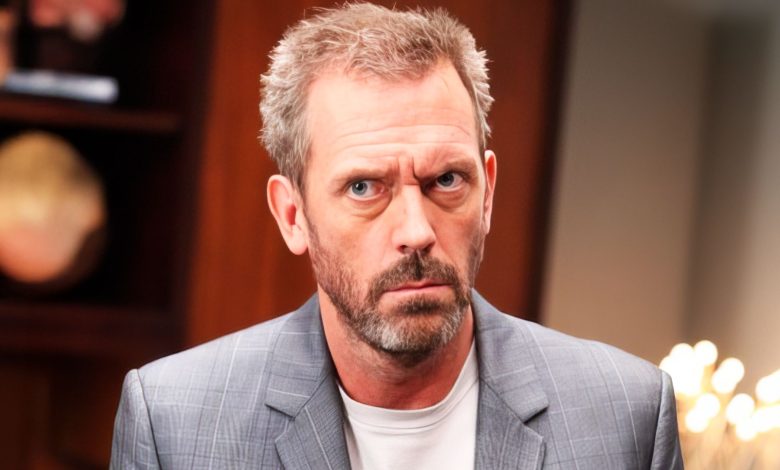
Throughout the eight-season run of House M.D., fans frequently debated which of Dr. Gregory House’s fellows mirrored him the most. While each fellow brought a unique perspective and dynamic to the team, it wasn’t until the series finale that the show firmly answered the question: Robert Chase was the most like House — both professionally and personally.
The Mentor-Mentee Dynamic That Defined House M.D.
Gregory House was undeniably a brilliant and enigmatic character, but much of the show’s emotional depth came from his interactions with his fellows — Dr. Eric Foreman, Dr. Allison Cameron, and Dr. Robert Chase. These characters served as the audience’s lens into House’s methods, reasoning, and psyche. More than mere assistants, they played crucial roles in the diagnostic process, challenging House and being shaped by him in return.
Yet, working under House was far from easy. His intense personality and unconventional methods often left lasting impacts on those around him. Over time, each of his fellows began to reflect aspects of their mentor, but none more so than Chase.
The Series Finale Confirmed Chase’s Transformation
In the series finale, “Everybody Dies,” House fakes his death to spend Wilson’s final months with him, and the audience is shown where each major character ends up. Cameron becomes Head of Emergency Medicine in Chicago, Foreman remains Dean of Medicine at PPTH, and Chase steps into House’s old role as Head of Diagnostic Medicine.
This transition wasn’t just symbolic — it was a definitive passing of the torch. The diagnostic department, which was more of a makeshift experiment created by Cuddy to contain House’s brilliance, now belonged to someone who truly understood its value and its originator’s mindset. Chase had absorbed more from House than any other fellow, embracing both his unorthodox thinking and clinical instincts.
Chase Learned to Think Outside the Box — Like House
Long before the finale, Chase’s evolution into a House-like figure was evident. His ability to think creatively and break rules for the sake of solving a case was a trait House valued most. This similarity became a point of conflict in his personal life, particularly with Cameron, who broke up with him partly because he was becoming too much like House — a realization she came to after the controversial Dibala incident.
See More ...
Chase’s capacity to make tough decisions, question medical norms, and act with moral ambiguity when necessary, all pointed to a deeper understanding of House’s methodology. This made him not only House’s intellectual equal but also his natural successor.
House Always Favored Chase
Though House’s relationships with all three original fellows were complex, it was clear that he had a unique connection with Chase. Interestingly, Chase had worked with House longer than the others at the start of the series, having been hired due to his father’s reputation. Yet, he quickly proved his own merit.
House’s unexpected firing of Chase wasn’t an act of dismissal — it was, in House’s own twisted way, a graduation. He recognized that Chase had grown beyond the need for mentorship. It was a rare and subtle display of respect from a man known for withholding praise.
Why Chase Was the Best Choice
By the end of House M.D., it was evident that Chase embodied the qualities necessary to carry on House’s legacy. He was analytical, bold, morally flexible, and unafraid to make unpopular decisions in pursuit of the truth. While the original trio — Foreman, Cameron, and Chase — were all essential to the show, only Chase truly walked in House’s footsteps.
